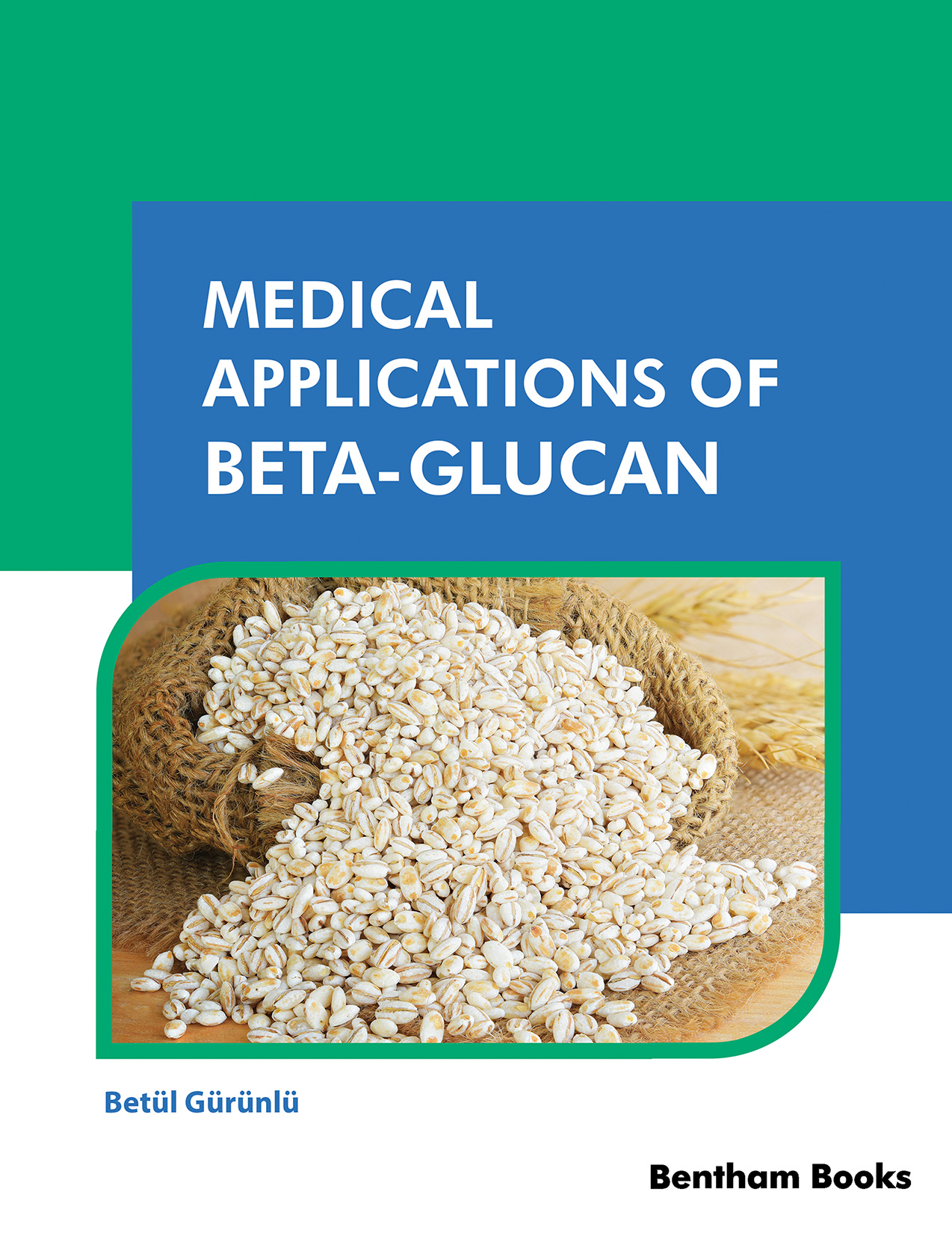Introduction
Beta-glucan is a polysaccharide and an important food supplement that strengthens the immune system. Beta-glucan can be obtained from many food sources such as mushrooms, yeast, or oats. Beta-glucan has a therapeutic use in the treatment of many diseases, thanks to its immune system strengthening effect. Its use helps curtail the need for administering high levels of antibiotics in case of serious infections.
This book presents information about the medical applications of beta-glucan. Starting with an introduction to the basic biochemistry and classification of beta-glucan, the contents explain the readers about its use in treating a variety of medical conditions. These include cancer, allergies, COVID-19, respiratory tract infections, hypercholesterolemia, diabetes and many other other endocrinological, immunological and infectious diseases.
This book is a comprehensive resource about the medical use of beta-glucan where any reader can find topical information and learn about recent studies on the therapeutic effects of beta-glucan on the treatment of different diseases.
Audience: medical doctors (general physicians and specialists), pharmacology researchers, clinicians and biochemists.

